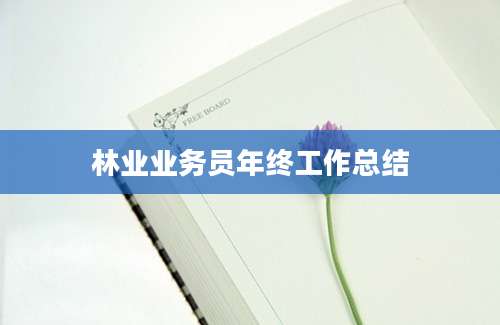范文:

The English Vocabulary of Novels
In the realm of literature, novels are a rich source of diverse vocabulary that not only tells a story but also paints a vivid picture in the reader's mind. The English language, with its vast array of words, offers a treasure trove for novelists to convey emotions, settings, and characters. Here are some essential English vocabulary words commonly found in novels:
1. Narrative The act of telling a story.
2. Climax The point of greatest interest or suspense in a story.
3. Plot The sequence of events that make up a story.
4. Conflict The struggle between opposing forces.
5. Character A person in a story.
6. Dialogue The conversation between characters.
7. Setting The time and place in which a story occurs.
8. Motif A recurring element in a story.
9. Symbol An object, character, or event that represents an idea or quality.
10. Allusion A reference to a literary work, historical event, or famous person.
These words are the building blocks of a novel's language, allowing authors to create immersive experiences for their readers.
常见问答知识清单及解答:
1. 问题:小说中常用的英文单词有哪些?
解答: 小说中常用的英文单词包括叙事(narrative)、高潮(climax)、情节(plot)、冲突(conflict)、人物(character)、对话(dialogue)、背景(setting)、主题(motif)、象征(symbol)和暗喻(allusion)等。
2. 问题:小说中的叙事是什么意思?
解答: 叙事指的是讲述故事的行为或方式,是小说创作中不可或缺的一部分。
3. 问题:小说中的高潮是什么?
解答: 高潮是故事情节中最为紧张、最引人入胜的部分,通常是冲突达到顶峰的时刻。
4. 问题:小说的背景如何影响故事?
解答: 小说背景为故事提供了一个时间、地点和环境,这些因素可以影响人物的行为和故事的发展。
5. 问题:小说中的象征意义是什么?
解答: 象征是指小说中某个元素(如物体、人物或事件)所代表的概念或品质,这种象征通常具有深层的含义。
6. 问题:小说中的对话如何增强故事?
解答: 对话可以展示人物性格、推动情节发展,并通过人物之间的互动揭示故事的主题。
7. 问题:小说中的主题是如何体现的?
解答: 主题是小说想要传达的中心思想或信息,通常通过情节、人物和象征等元素来体现。
8. 问题:小说中的冲突有哪些类型?
解答: 小说中的冲突可以是内在的(如人物内心的斗争)或外在的(如人物与外界的斗争),也可以是道德的、心理的或社会的。
9. 问题:小说中的象征与主题有何关系?
解答: 象征往往用来表达或强化小说的主题,它们可以是主题的直接体现或象征。
10. 问题:小说中的背景设置对故事有何影响?
解答: 背景设置不仅为故事提供了具体的环境,还可以影响人物的行为和故事的情感基调。










